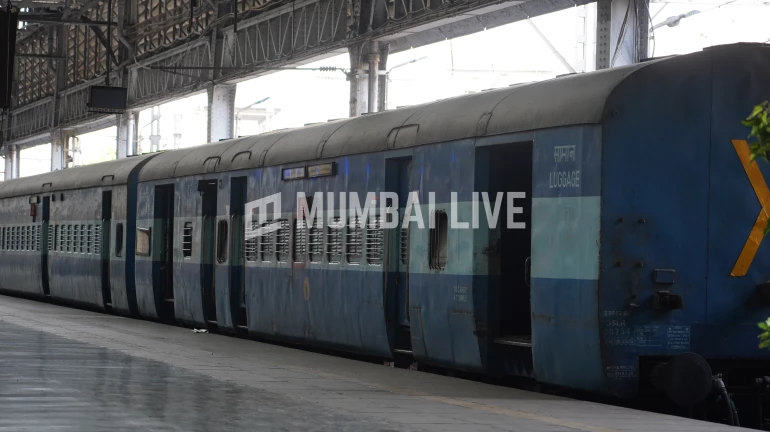
A new policy has been enforced by the Railway Board to regulate the number of waitlisted tickets on long-distance trains, aiming to ease chronic overcrowding on platforms and inside coaches. From June 16 onward, a maximum of 25% of redefined coach capacity has been allowed for Wait List (WL) tickets across all travel classes—Sleeper, 3AC, 2AC, and 1AC.
Previously, WL ticket issuance was carried out arbitrarily by different railway zones. It had been observed that between 20% to 40% of total seats were often allocated as WL tickets, with figures sometimes soaring up to 700 per train. This unregulated practice was frequently blamed for chaotic boarding scenes and tension between passengers with and without confirmed tickets.
Under the new rules, WL quotas have been made applicable not just at train-originating stations but also at intermediate stops like Kalyan, Thane, Borivali, and Andheri. In addition, the cap has been extended to cover bookings made remotely and those under the Tatkal scheme. It has been clarified that concessional ticket holders, including women and passengers with physical disabilities, will not be counted within the 25% WL cap. It was explained by railway officials that in a 3AC coach containing approximately 64 to 83 berths, no more than 25% of the capacity would be designated for WL tickets after regular seats are filled. Preference is now being given to Tatkal bookings, followed by general reservations.
The financial repercussions of this initiative have not yet been evaluated, although Indian Railways reported a revenue of ₹75,500 crore from ticket sales in the fiscal year 2024–25. The Railway Protection Force (RPF) has noted that the burden of crowd control is expected to reduce with this limitation in place. Stations prone to congestion, such as CSMT, Dadar, and Panvel, are likely to benefit significantly.
Incidents such as the stampede at Surat railway station on November 11, 2023—which was triggered by massive gatherings of migrant workers attempting to board a Bihar-bound train—have been cited as cautionary examples. It is believed that such occurrences can now be mitigated through stricter WL ticket regulations. Support has been voiced by commuter groups. The Mumbai Rail Pravasi Sangh expressed optimism that a more organized boarding experience will be facilitated and onboard conflicts minimized. By restricting WL tickets, Indian Railways is seeking to restore order, enhance travel safety, and offer passengers greater clarity and comfort during their journeys.





